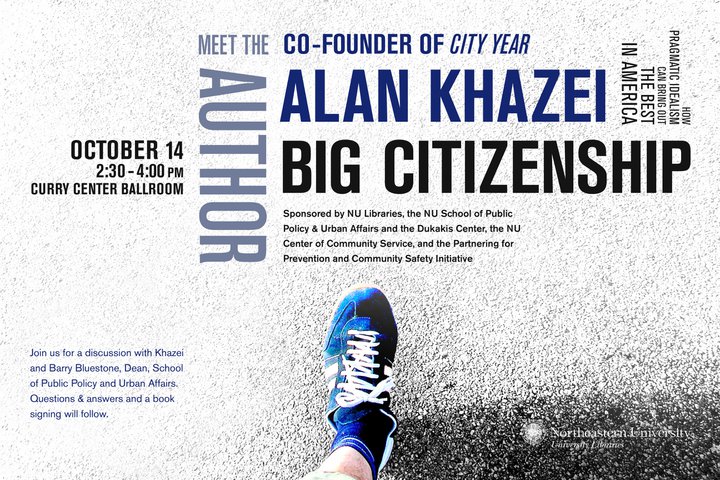Musical Talents of Snell’s Own David Jachimiak
David Jachimiak, a staff member of Snell Library, is also an extremely talented and experienced musician. Jachimiak studied music education and received his bachelor’s degree from SUNY Fredonia in 2006, and later went on to receive his master’s degree in jazz performance from the University of Miami in 2009. Additionally, he is an alumnus of the Kennedy Center for the Performing Arts’ jazz residency program, Betty Carter’s Jazz Ahead.
He specializes in saxophone, and has played with a plethora of musical acts over the years, including The Drifters, Steve and Lindley Band, Michael Thomas, Troy Roberts, Michael Feinberg, Gary Keller and Adonis Rose. He also volunteered a jazz performance with his group, the Dave Jachimiak Quartet, at afterHOURS for Northeastern’s Music & Entertainment Industry Student Association’s (MEISA) Jazz Night.
Most recently, Jachimiak has spent his time writing songs and playing bass with Opal Puckett, a new upstart rock band.
Visit YouTube to watch some of Jachimiak’s performances.
